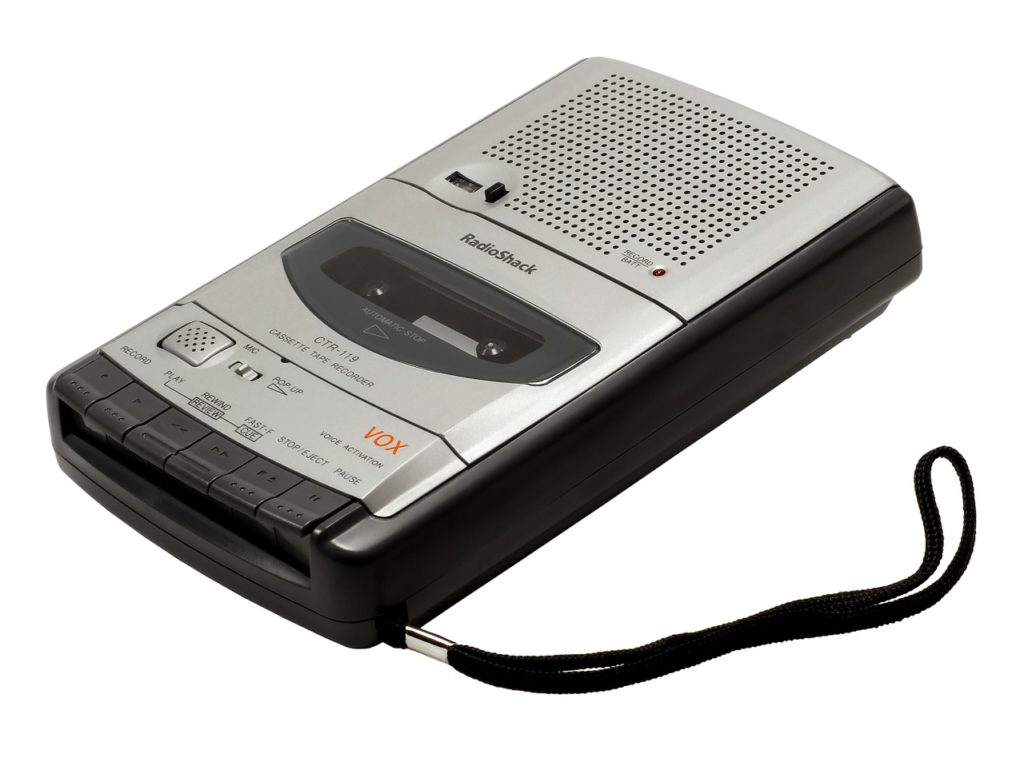
Not Using Music Business Software? You’re Losing Money.
When we tell people that our company builds live music business software that helps venue owners and promoters manage their businesses, they often question whether something like that is really needed. Most people don’t understand the complexity of putting on live events. They think a calendar and email is all you need. That may be true – if you don’t give a damn about making money. But you do care about making money, don’t you? As much of it as possible, I suspect.
Pricewaterhouse Coopers expects that the live concert industry’s total revenue will reach $31 billion in four years. Ticket sales will make up $24 billion of that total. That’s a lot of cash. How much will you get?
If you are currently managing to turn a profit going the Gmail, email, and spreadsheet route, pat yourself on the back. It’s a herculean task, but we’re here to prove it doesn’t have to be so difficult. Here we are going to discuss how to increase your profits while simplifying your life at the same time. Music business software can help on both the revenue and expense side, attacking the issue of profitability from both ends. Here’s how it works.
It Starts with the Calendar
Whether you are a venue owner, promoter, or talent manager, your success depends on booking dates. While that seems pretty straightforward, the use of holds, hold levels, and challenge makes the whole booking process pretty tricky. Without music software in place, you’re effectively building a house of cards. Everyone tends to end up wasting a lot of time going back and forth about dates, managing multiple rooms and venues, answering questions about dates that are already sold.
Time is money, folks. Taking the friction out of calendar management frees you up to focus on getting more events booked and more potential revenue on the schedule. Look for a solution that offers:
- The ability to add multiple dates/holds to a show with a single click
- Hold reports that help you save time
- Automatic hold level selection with the correct hold level based on a selected date
- A mobile application so you can manage your calendar from anywhere
The Offer Sets the Stage
The moments when a venue owner sends an offer and when it is accepted are the critical points for profitability. Were all of the assumptions about sales and costs correct? Was it the right deal type for the event and talent? Does the scenario match the room? Creating an offer requires you to predict the future a bit.
Ultimately, music business software gives you insights that take out some of the guesswork. Not only that, but you’ll be able to generate offers that look great and reflect your professionalism. Artists will want to do business with you, and they’ll trust that you know what you’re doing. The software should:
- Let you churn out a professional offer with your brand in less than a minute
- Have templates you can set up to match each deal type and room
- Let you decide which costs and revenues are visible in the offer
- Automatically estimate revenue, profit, and break-even so that you can compare scenarios and optimize terms
Revenue and Expense Tracking Don’t Have to be Painful
One thing that accounts for a lot of lost profit in the live music business is poor tracking of expenses. It tends to be something that everyone puts off until there’s a mad scramble at settlement. Expenses get missed, and your money goes out the door. It’s no wonder this is such a problem because doing it manually or in spreadsheets is a pain in the ass. But again, it doesn’t have to be.
Music business software is designed to tackle the problem by making it easy to enter expenses as they occur. You can also integrate the solution with your ticket management software so that you can see the revenue picture in real-time. This lets you make smarter decisions about your investments in promoting the event. You will be able to:
- Build detailed budgets and share them with item by item visibility control
- Get ticket sales information updates automatically as they happen
- Track expenses as they occur, rather than putting them off until settlement
- Visualize your marketing ROI
No Drama Settlement
If the offer sets the stage for profitability, settlement is the curtain call. Or at least it should be if everything else has been managed well. You’ve made a smart offer, tracked all related expenses, kept an eye on sales, and smartly invested in promotion. By the time you get to settlement it should be all over but the high fives. Look for software that helps you:
- Create a settlement sheet with your branding in just a couple of clicks
- Access a real-time summary of all payments made and what is still owed
- Generate an internal settlement report for your team and a separate external one for anyone else
- Calculate accurate tax payments and other variable expenses instantly
- Always pay your artists exactly according to the agreed upon terms
Take Back Your Time
Many of the venue owners and promoters we talk with are so emotionally invested in their work that they forget that their time has a value. Every minute you spend responding to an email with information you’ve already sent or asking for an expense receipt for the 100th time is a minute that you can’t spend on strategically managing your business or enjoying your life.
The live music business is a collaborative one, but it doesn’t have to be full of friction. Music industry software streamlines collaboration and frees you to do something better with your minutes. You can:
- Invite everyone on your team to work on your shows in one common platform
- Track conversations between team members without using email
- Build a historical record of all show details and communication
- Enjoy automated workflows for approvals, budget changes, challenges, offers, and settlement
Most people get into this business because they love music and enjoy bringing it to just the right audience. But it isn’t a hobby. Making smart financial decisions and using your time wisely are the keys to making the money that can keep you in the position to do what you care about. Music business software, especially solutions designed by people who know the ins and outs of venue management and event promotion, can make all the difference.

Matt Ford is the founder and CEO of Prism.fm, an Austin-based software company revolutionizing live music event management. With a background in entrepreneurship and a degree from the University of Wisconsin-Madison School of Business, Ford combined his self-taught coding skills with firsthand experience as a concert promoter to address the inefficiencies he observed in the industry. In 2018, he launched Prism.fm, an all-in-one platform designed to streamline operations for venues, promoters, and agencies by replacing cumbersome spreadsheets with integrated tools for booking, financial tracking, and contract management. Under his leadership, Prism.fm has grown significantly, achieving $3 million in annual recurring revenue post-COVID and securing over $15 million in funding . Ford’s commitment to building user-centric solutions has positioned Prism.fm as a trusted partner for over 1,500 venues and promoters worldwide.



